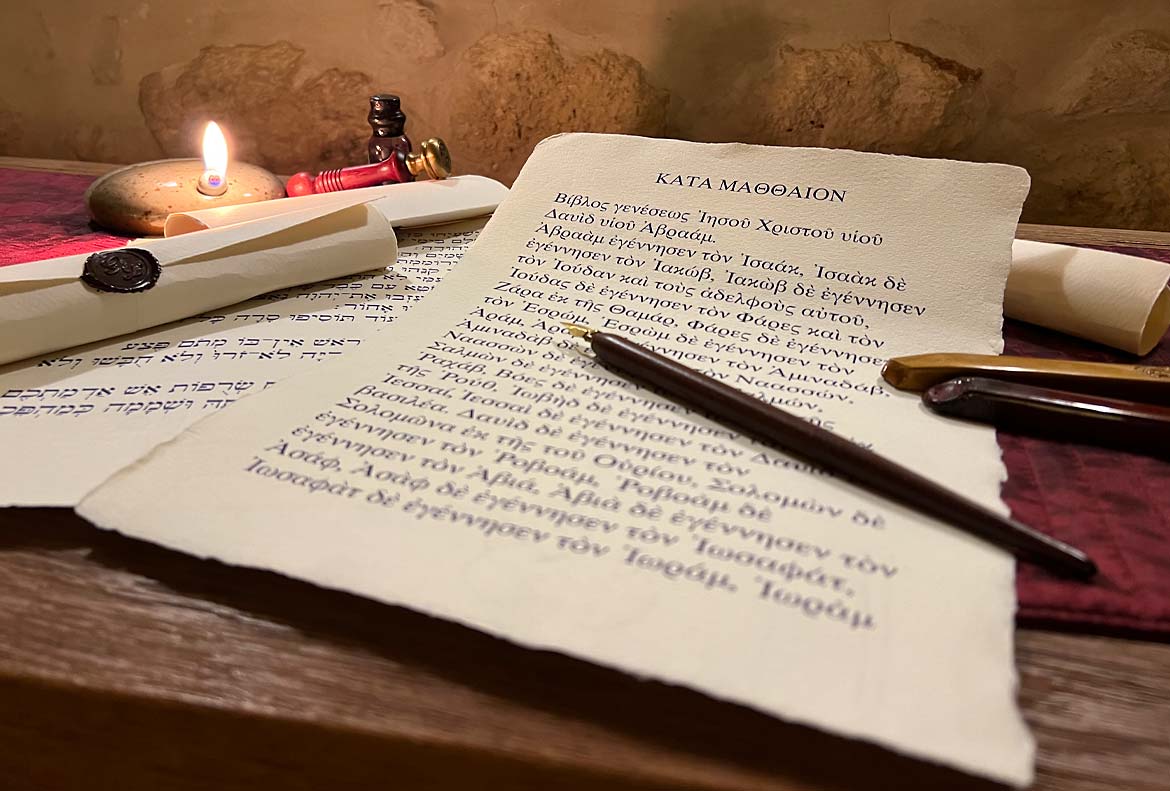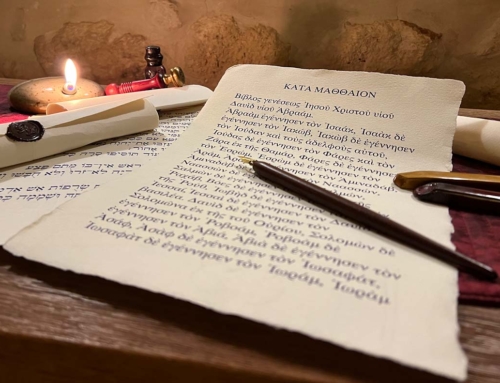15th SUNDAY IN ORDINARY TIME (A)
Sunday 16 July 2023
Matt 13:1-23
“And he told them many things in parables, saying: ‘Listen! A sower went out to sow. And as he sowed, some seeds fell on the path, and the birds came and ate them up. Other seeds fell on rocky ground, where they did not have much soil, and they sprang up quickly, since they had no depth of soil. But when the sun rose, they were scorched; and since they had no root, they withered away. Other seeds fell among thorns, and the thorns grew up and choked them. Other seeds fell on good soil and brought forth grain, some a hundredfold, some sixty, some thirty. Let anyone with ears listen!’”
(Matthew 13:3-9)
Matthew the Evangelist tells us that, one day, Jesus leaves home and sits on the shore. Crowds gather around to listen to Him. However, because of the large numbers, Jesus gets in a boat and, from there, teaches the crowd gathered near him on the beach. Given the context of home and beach, we can deduce that this happened in Capernaum – the house mentioned is Peter’s house. From the boat, Jesus speaks to the people in parables, giving examples and similarities between the natural and social reality and the reality of the Kingdom of God. The most famous parable in this passage of the Gospel is the Parable of the Sower.
Among the diverse interpretations of this text, found at the heart of Matthew’s Gospel, we can consider the thoughts of Birger Gerhardsson, a scholar who reads this parable in the light of ‘Shema Israel’, the teaching central to both the Old and New Testament: “You shall love the Lord your God with all your heart, and with all your soul, and with all your might” (Deut 6:4-5).
Now, in the common rabbinical interpretation of the Shema Israel, the heart represents the purity of intention. This means that the exhortatation is to love God with clear intent, with no hidden agenda. The soul means life: in the Bible blood is life (cfr. Lev 17:11). This means loving God to the point of bearing witness through martyrdom. Might refers to our riches.
Applying this interpretation to the Parable of the Sower, Gerhardsson distinguishes between two categories of people. On one side, those who didn’t satisfy the elements of ‘Shema Israel’. Among this group are those who do not love God at all, let alone with the whole heart (represented by the terrain of the path), those who don’t love Him with all their soul (the rocky ground), and those that don’t love Him with all of their might, because their riches suffocate them (terrain with brambles). On the other side, there are those that do satisfy the elements of the ‘Shema Israel’: those that love God 100%, with heart, soul and might; those who love Him with 60%, with heart and might but not to the point of giving their life; and those who love at 30%, meaning that they love the Lord with their heart, but still without offering up their riches and their own life.
Jesus is the first to live the ‘Shema Israel’ 100%. So then, let’s follow His example: let’s not allow the seed of the Word of God to go to waste within us, but find fertile soil in order to grow and enable us to bear witness to Him.
Fr. Giuseppe









